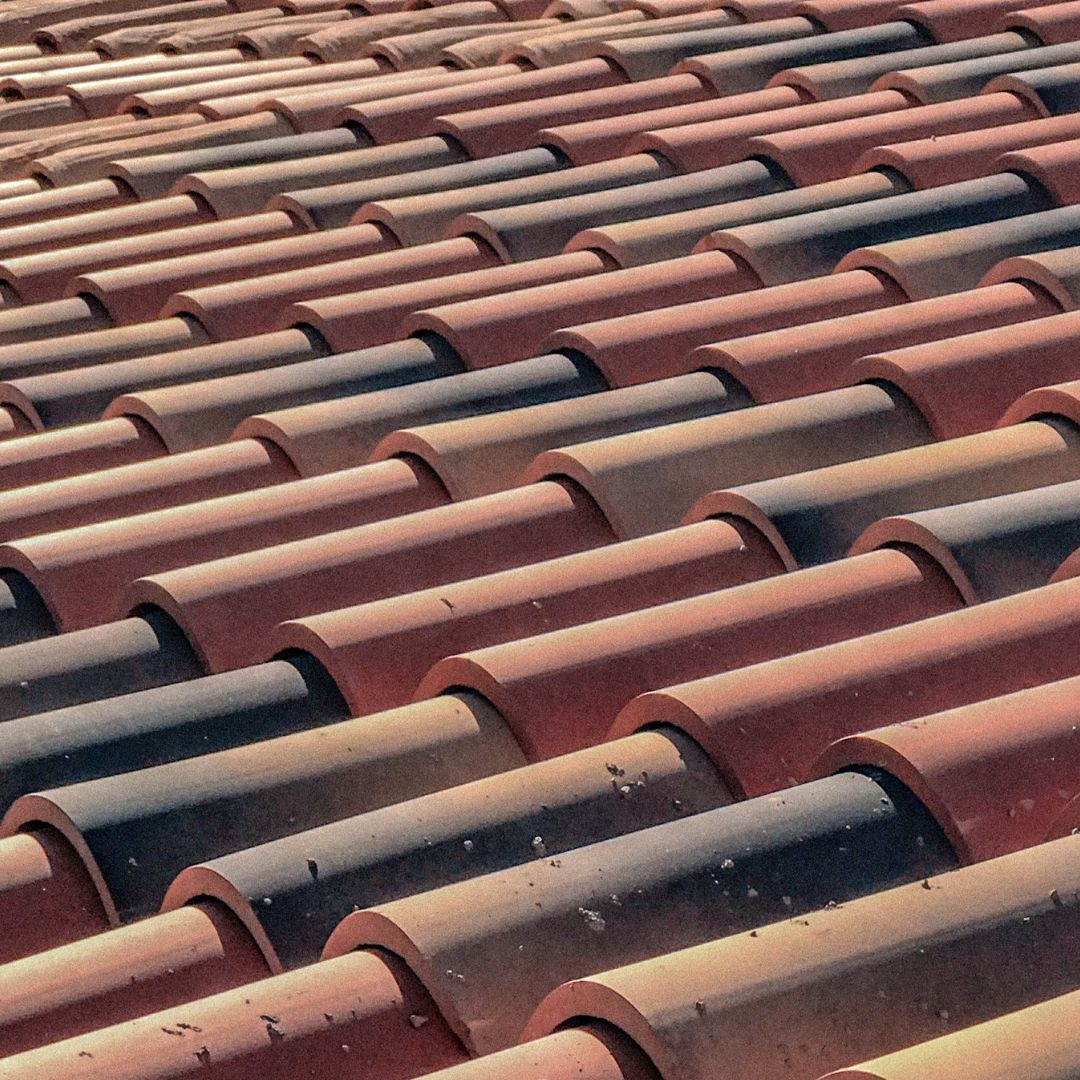
How to Select the Right Roofing Warranty
1. Understand the Different Types of Roofing Warranties
Roofing warranties vary in coverage, length, and what they protect. Before making a decision, it’s important to understand the three main types of roofing warranties:
- Manufacturer’s Warranty – Covers defects in roofing materials. Most asphalt shingles come with warranties ranging from 20 to 50 years.
- Workmanship Warranty – Provided by the contractor, covering installation errors. Coverage typically lasts 5 to 10 years but can vary.
- Full System Warranty – A more comprehensive warranty covering both materials and workmanship, often backed by the manufacturer.
Each warranty has different coverage levels, so it’s essential to read the fine print and understand the terms.
2. Check What Is Covered and What’s Excluded
Not all warranties provide the same level of protection. Some cover only specific defects, while others offer broader coverage. Key areas to look for include:
✔ Material defects – Covers issues like premature cracking, blistering, or granule loss in shingles.
✔ Wind resistance – Some warranties only cover winds up to 60 mph, while premium warranties may cover winds up to 130 mph.
✔ Algae and mold resistance – Certain warranties include protection against staining caused by algae growth.
✔ Workmanship errors – A standard manufacturer’s warranty may not cover problems caused by improper installation.
Exclusions may include poor maintenance, storm damage, and unauthorized repairs, so knowing the limits of coverage helps avoid unexpected costs.
3. Compare Warranty Length and Transferability
Roofing warranties range from 10 years to lifetime coverage, but longer doesn’t always mean better. A 50-year warranty might only cover material replacement and not labor costs, so check the details.
If you plan to sell your home, consider a transferable warranty. Some warranties allow the next homeowner to benefit from coverage, increasing your home’s resale value. However, some transfers require a fee or must be done within a specific timeframe.
4. Understand Prorated vs. Non-Prorated Warranties
- Non-prorated warranties provide full coverage for a set period, meaning 100% of material and labor costs are covered.
- Prorated warranties decrease in value over time, meaning you’ll be responsible for a portion of the repair or replacement costs as the roof ages.
A non-prorated warranty is ideal if you want maximum protection, but a prorated warranty can still provide value if coverage lasts several decades.
5. Ensure Proper Installation and Maintenance Requirements
Most warranties require proper installation by a certified contractor to remain valid. Some manufacturers offer extended warranties when their products are installed by a certified roofing professional.
Additionally, routine maintenance and inspections are necessary to keep the warranty active. Some policies require annual roof check-ups to ensure the roof remains in good condition.
Final Thoughts
Choosing the right roofing warranty involves more than just looking at the length of coverage. Carefully review what is included, compare material and workmanship guarantees, and check for transferability and exclusions. By selecting a strong, reliable warranty, you protect your investment and ensure long-term peace of mind for your home or business.
Palm Construction Inc
17259 Hesperian Blvd. #7, San Lorenzo, CA 94580
https://palmconstructionca.com/
+1 510-963-4990
